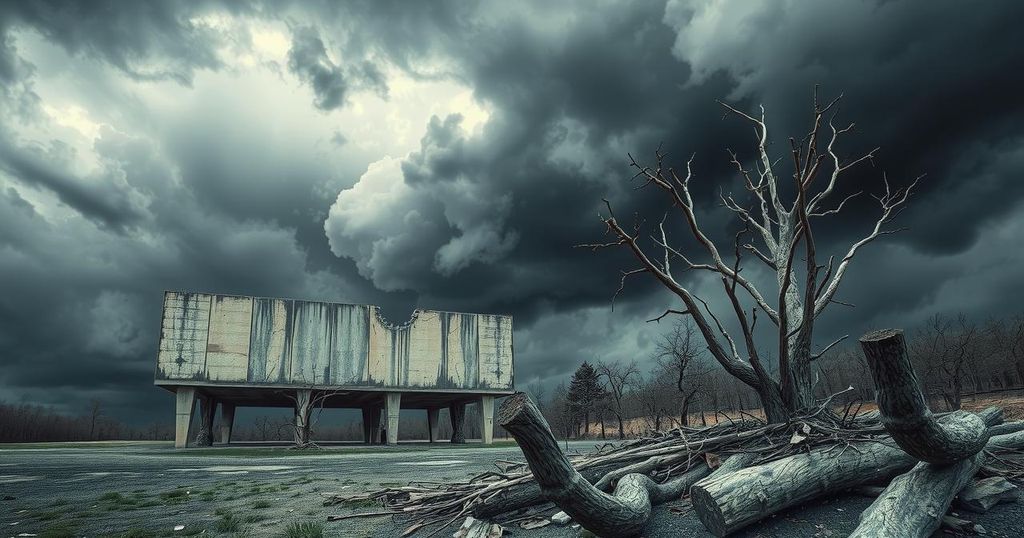The M23 rebels have escalated conflict in eastern DRC, claiming control of Goma and leading to significant displacement and casualties. Ethnic tensions and valuable mineral resources are at the core of the violence, with M23 seeking to protect Tutsis while also profiting from the region’s minerals. International scrutiny over Rwanda’s involvement adds complexity to the crisis, which continues to evolve amid local and world responses.
The M23 rebel group has intensified its conflict in the eastern Democratic Republic of the Congo (DRC), where ethnic tensions and the quest for mineral resources have reignited violence. Recently, M23 claimed control over Goma, a vital city, marking a significant escalation that has resulted in numerous casualties among international peacekeepers and the displacement of over 400,000 individuals this year, according to UN reports.
As M23 forces advanced, government troops received a deadline from the rebels to hand over their weapons, which was met with mixed reactions from local residents who expressed fear about the unpredictable behavior of the armed groups in their vicinity. The struggle in the region has deep historical roots, tracing back to conflicts that arose after the 1994 Rwandan genocide.
The M23 group, emergent from a previous rebellion, named itself after a peace agreement established on March 23, 2009, which they believe the DRC government has violated. Primarily consisting of former soldiers of Tutsi descent, M23 has strategically leveraged its resources to assert control over conflict-affected areas that are rich in gold, tin, and cobalt, amidst the backdrop of over a hundred armed factions vying for power.
M23 claims it fights to protect Tutsis from Hutu militias due to ongoing discrimination and violence against them. However, their strategic interest is also driven by the region’s extensive mineral wealth crucial for global industries, particularly in technology and green energy. The group has been reportedly profiting substantially from coltan mining in territories under their control.
Their primary opponents include the Congolese army, supported by United Nations peacekeepers and regional forces from the Southern African Development Community. Despite the deployment of approximately 14,000 UN troops in the DRC since 1999, only a small contingent is permitted to engage with armed rebels, and the mission has faced criticism from locals for ineffective operations.
Allegations of support from Rwanda toward the M23 rebels have drawn international scrutiny, with a recent UN report indicating the presence of Rwandan soldiers on Congolese soil. While Rwanda denies providing assistance to M23, the group has been viewed as a mechanism for advancing Rwandan interests in eastern Congo, particularly regarding the lucrative gold trade. The situation remains extremely volatile, prompting urgent discussions at diplomatic levels.
The M23 rebel group has its origins in a complex history of conflict in the eastern DRC, shaped by the aftermath of the Rwandan genocide. Formed in 2012, M23’s activities reflect ongoing ethnic and political struggles in the region, exacerbated by competition over valuable natural resources. The DRC is home to significant deposits of minerals, including those essential for modern technologies, making it a focal point for various armed groups seeking control and profit.
In summary, the resurgence of M23 in the eastern DRC highlights a continuing cycle of violence and instability driven by ethnic tensions and the struggle for control over lucrative mineral resources. The group’s actions and the international community’s responses, particularly concerning Rwanda’s involvement, will significantly impact the future of peace in the region. It is critical to address the underlying causes of conflict to mitigate further humanitarian crises.
Original Source: theweek.com




